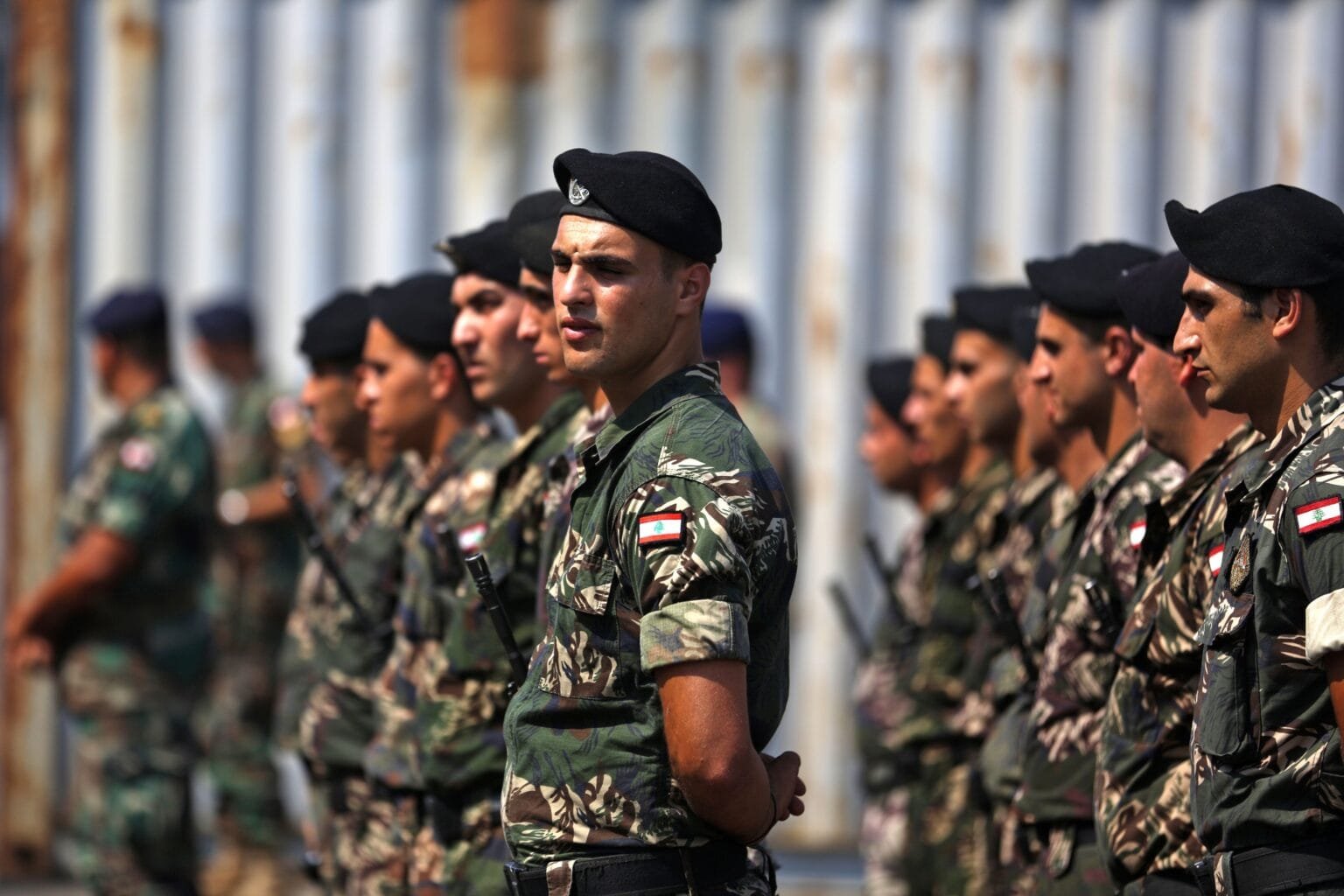The Trump administration has approved $230 million in aid for Lebanon’s security forces, aimed at helping the Lebanese Armed Forces (LAF) and Internal Security Forces (ISF) in efforts to diminish Hezbollah’s influence. Of that total, $190 million is earmarked for the LAF, and $40 million for the ISF.
These funds were released just before the close of the U.S. fiscal year on September 30. Observers point out that this timing is significant: foreign aid overall has been under pressure in the current U.S. administration, yet Lebanon’s security assistance was spared cuts in this case.
In Beirut, the decision aligns with recent moves by Lebanese political leadership. President Joseph Aoun and Prime Minister Nawaf Salam have pressed the military to present by year end a plan to ensure that all arms in Lebanon are consolidated under the official state security apparatus, effectively meaning that non-state armed groups, particularly Hezbollah, would come under state control. Hezbollah has so far rejected disarmament demands, calling them unacceptable while Israeli military actions persist along the border.
The U.S. aid is expected to enhance internal security capacity (through the ISF) so that they can take over domestic security roles, freeing up the LAF to address broader national security challenges and potentially the disarmament task. However, implementing the disarmament plan remains politically sensitive and complex: Hezbollah remains a powerful force in Lebanon, both militarily and politically, and the government’s ability to enforce disarmament without triggering instability is being closely watched.
Internationally, the move signals Washington’s renewed emphasis on limiting Iran-backed militant groups in the region, seen as part of a larger strategy amid heightened tensions with Israel and concerns over security along Lebanon’s southern border.





